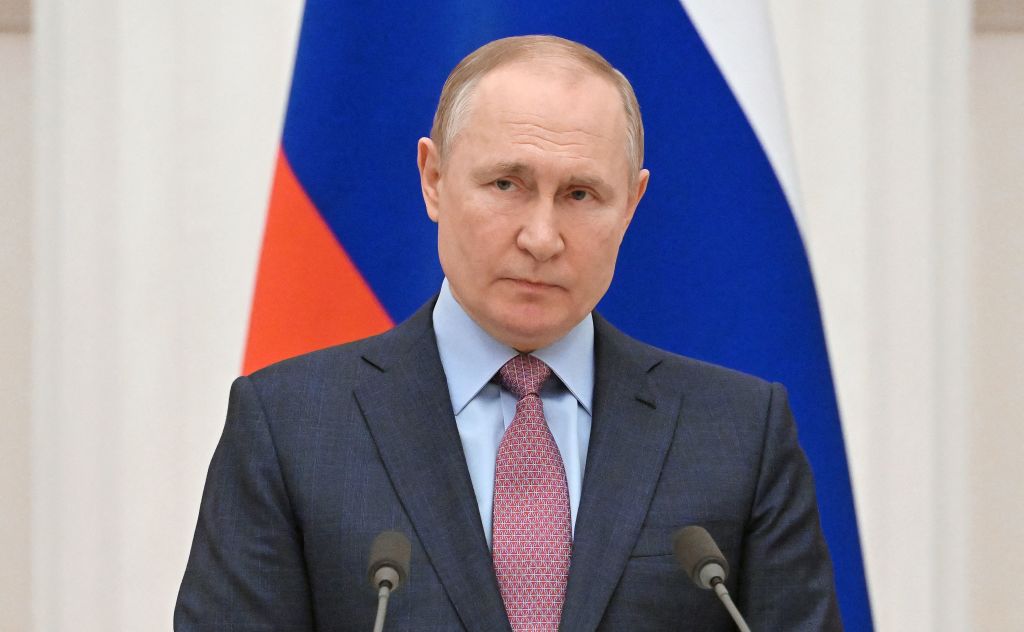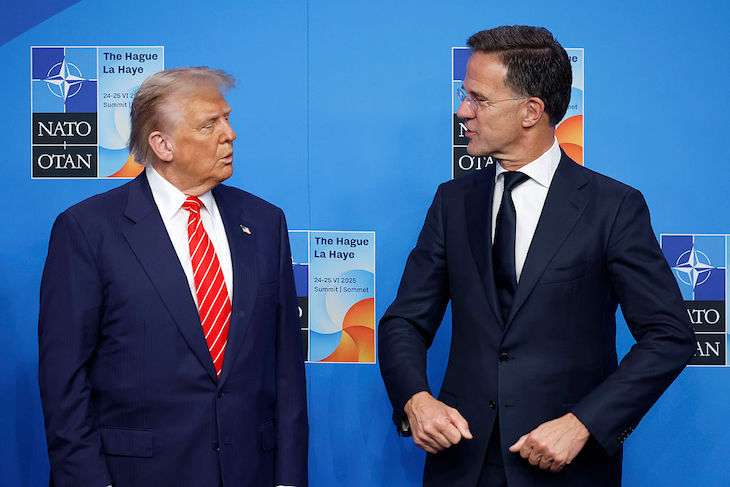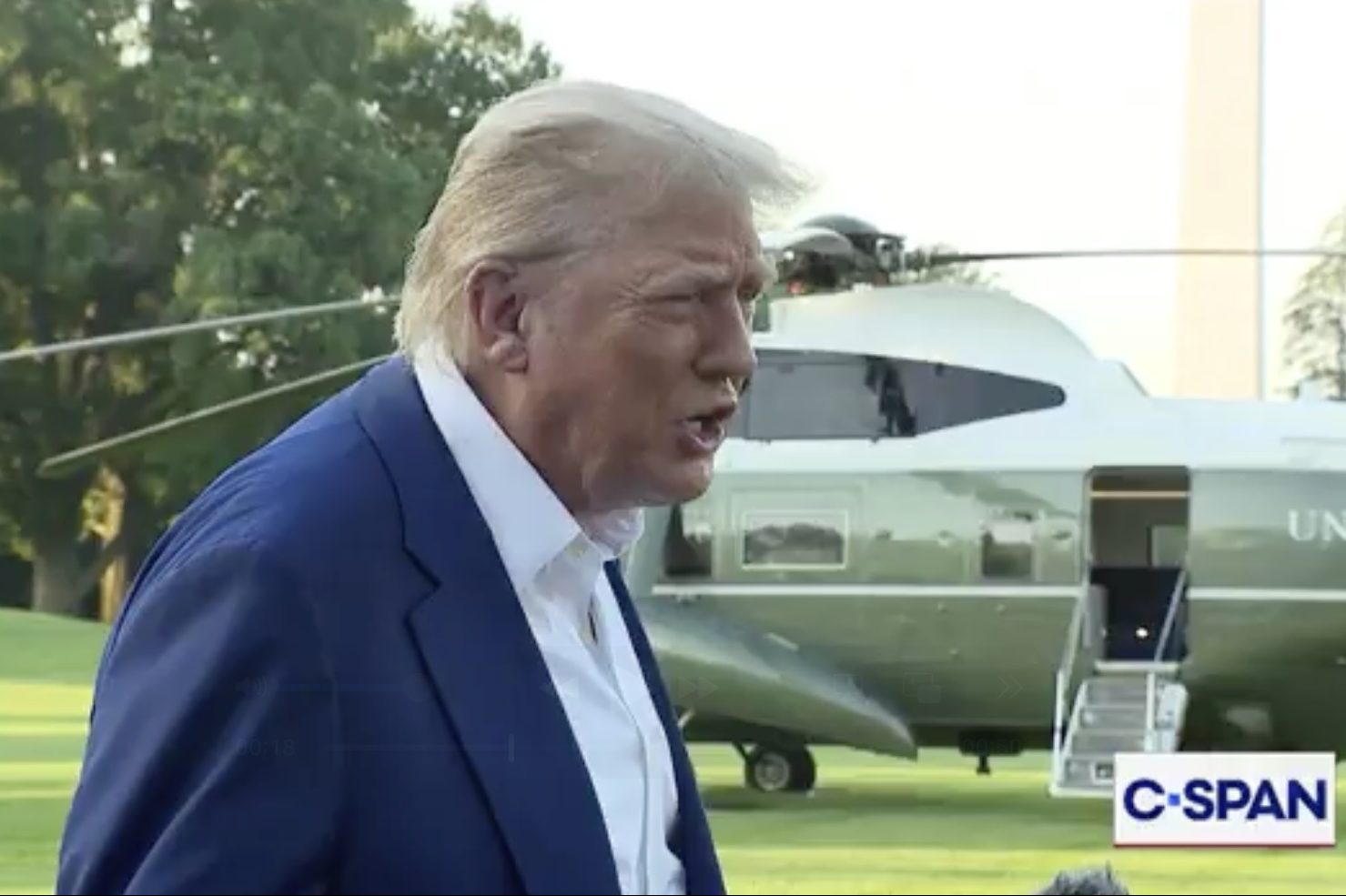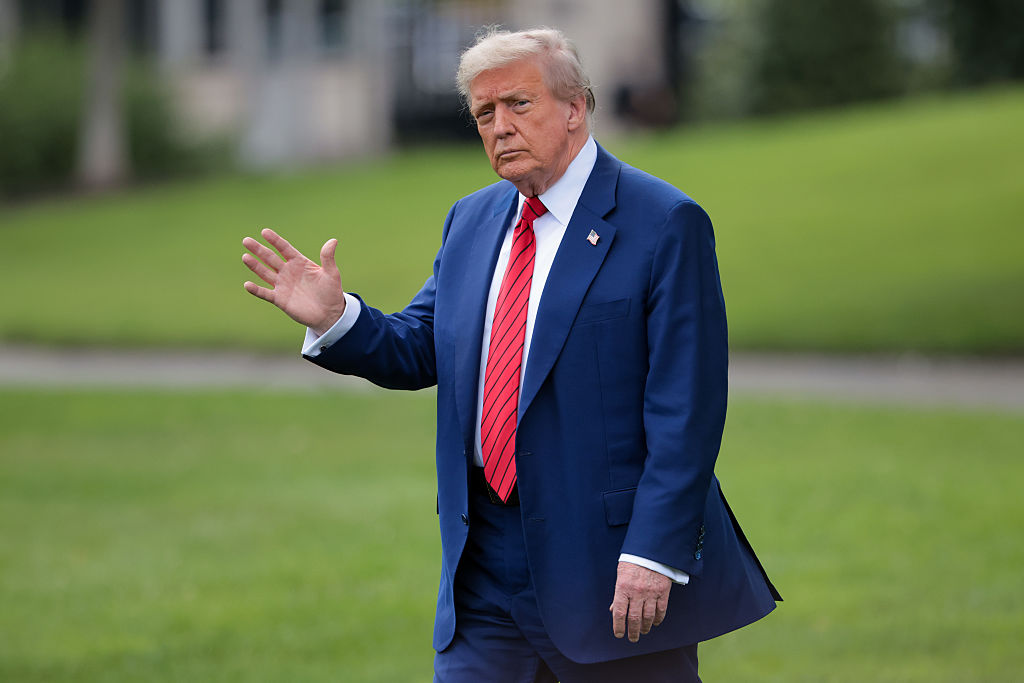Vladimir Putin’s recent announcement that he was not bluffing about using nuclear weapons against the West in his war on Ukraine is one of the strongest indications yet of the risks the liberal world now faces in opposing authoritarian aggression. In the face of Russian aggression, or in committing the United States to defending Taiwan, as President Joe Biden did yet again recently, Washington and its partners face the possibility of direct confrontation with the world’s most powerful, nuclear-armed militaries. For the first time in a generation, Western powers risk being checked by adversaries willing to threaten massive conventional and nuclear warfare. The era of cost-free intervention to uphold the liberal world order is over.
Since the collapse of the Soviet Union, military operations by the United States and its allies have been largely cost-free, not of course in the sense that American and allied troops did not suffer casualties, which they have in the thousands in Afghanistan, Iraq, Somalia and elsewhere (not to mention civilian casualties). But since the end of the Cold War, senior US policymakers and military planners have not had to worry about the widening of regional war to include powerful authoritarian nations like Russia and China, nor that conflict will escalate up to and over the nuclear threshold.
Thus often intervention, as in Somalia in 1993, was undertaken with no real strategic benefit in mind or serious assessment of the risks involved. Large-scale war, in Iraq in 1991 and 2003 and beginning in Afghanistan in 2001, could be launched without worrying about Moscow or Beijing getting involved. This meant that US assumptions weren’t always well-tested, leading to serious battlefield failures, strategic conf sion and often tragedy, as described in Black Hawk Down and The Afghanistan Papers, and made abundantly clear by the ignominious retreat from Kabul in 2021.
Another symptom of the era of cost-free intervention were repeated American reaffirmations of commitment to Taiwan and South Korea, NATO and others. Such statements play an important political signaling role and are believed to contribute to deterrence against potential adversaries who must consider whether they are willing to risk conflict with the United States. Yet we continued to make these commitments even as the strategic balance changed.
Now, however, Ukraine and Taiwan pose unique strategic risks. Washington and NATO have walked a fine line of supporting Kyiv. The HIMARS rocket system has apparently been effective against Russian targets, as have Turkish drones. Yet providing fighter jets, offensive missiles, tanks and the like has so far been off-limits, due in part to fear of the Russian response. Putin’s nuclear saber-rattling is an attempt to intimidate NATO from further support for Ukraine. If the Europeans decide his threat is credible and adjust their policies commensurately, then a new era of great-power nuclear blackmail will have begun.
In Taiwan, a visit by House Speaker Nancy Pelosi led to a furious round of Chinese military exercises surrounding the island. The Taiwan Policy Act, recently passed by the Senate, will further infuriate Beijing with its expansion of assistance for weapons sales to Taipei. Perhaps most provocative to Xi Jinping are Biden’s repeated assertions that US troops would defend Taiwan in the event of an unprovoked attack.
The definition of “unprovoked” might give Washington enough wiggle room to avoid getting involved, if Beijing successfully shapes international opinion against Taiwan in the case of hostilities. Yet the bottom line is that China is undoubtedly committed to fighting over Taiwan, dramatically raising the stakes for any type of US military support. Given that Beijing considers Taiwan part of its sovereign territory, its using nukes to deter or defeat outside military intervention cannot be ruled out.
Further, North Korea has just announced not only its intention to keep its nuclear weapons forever; it has clarified that it will use a nuclear strike in response to any scenario where dictator Kim Jong-un is killed in a military attack. Thus, the decades-old US commitment to protect South Korea faces a changed balance of power: the North could launch nuclear attacks on US territory, military installations in the Pacific or Asian allies.
The world’s authoritarian aggressors are now closer to being able to carve the globe up into blocs, creating “no-go” zones for liberal nations seeking to uphold international norms of sovereignty, freedom of navigation and the like. That is perhaps the best way to understand the recent statement by the Shanghai Cooperation Organization, headed by Russia and China, that a new, multilateral world order is emerging. This threatens to return us to the era when the United States and its allies dared not respond to events behind the Iron Curtain, as in Hungary in 1956, or could fight only indirectly, as in Afghanistan after the 1979 Soviet invasion.
All this, along with the specter of Iran’s developing nuclear weapons and other worries, means that Washington and its allies no longer have the luxury of pretending they can intervene when, where and how they like. Western strategists will have to realistically debate costs, core interests, red lines, limits and options for escalation control. Otherwise, we will make commitments without the will, strategy, or resources to back them up, sleepwalking into disaster.
This article was originally published in The Spectator’s November 2022 World edition.

























